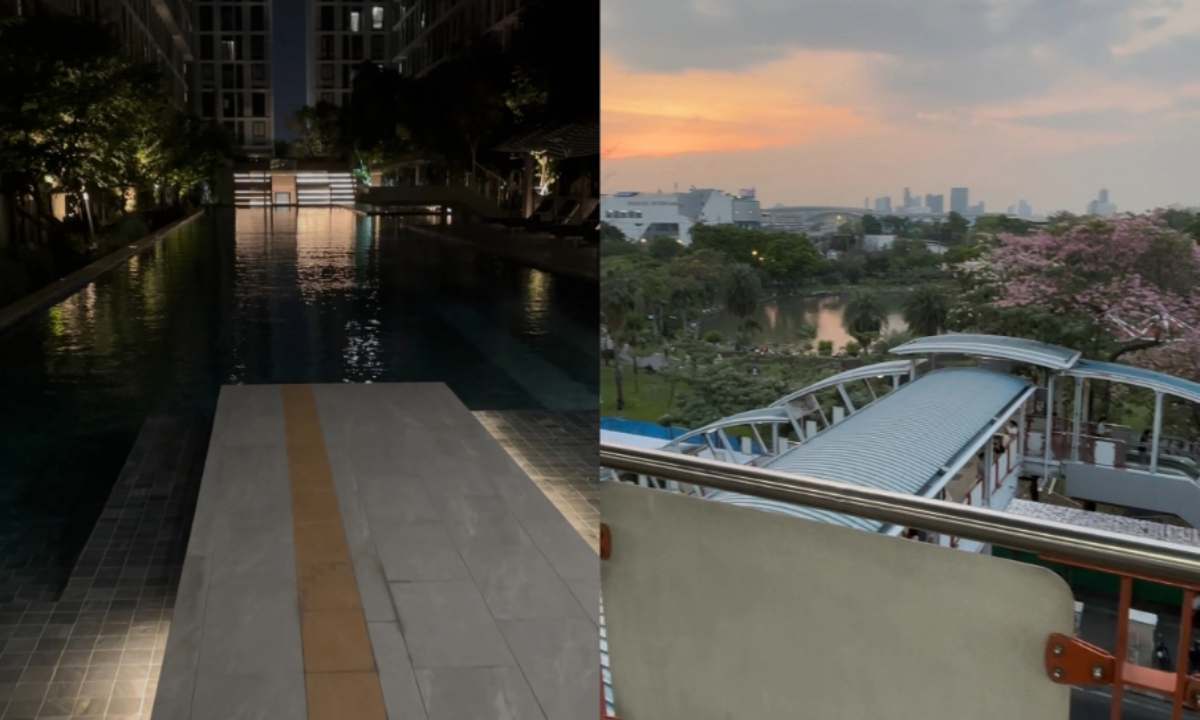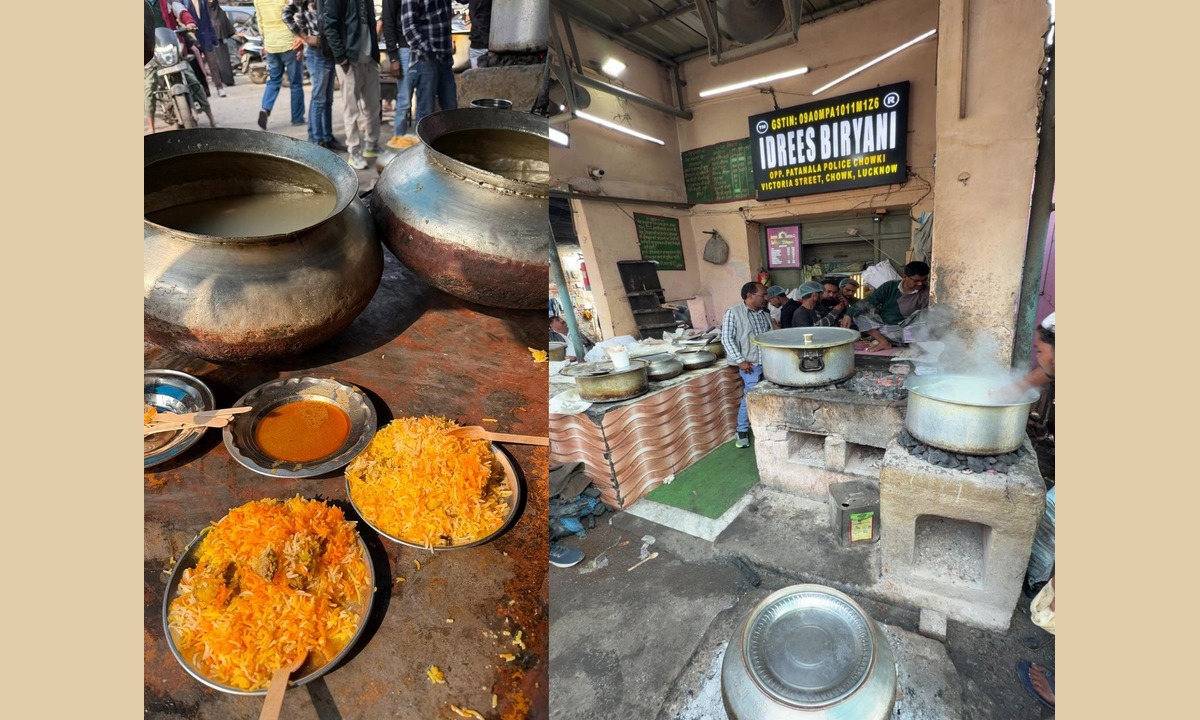
Opinion | No Space, No Car: What the Rest of India Can Learn from Maharashtra’s Parking Policy
In a bold and necessary move, the Maharashtra government has announced that proof of an allotted parking space will soon be a prerequisite for registering new vehicles—starting with the densely populated Mumbai Metropolitan Region. Buyers will have to present a certificate from the relevant civic authority confirming that a designated parking spot exists before the vehicle can be registered.
While the policy may appear stringent at first glance, it reflects a deep and overdue understanding of urban realities. It is, in fact, a policy born out of necessity—and one that sets a strong precedent for other Indian states grappling with rising vehicle numbers, shrinking public space, and chronic traffic congestion.
A Crisis Long in the Making
India’s urban centers are suffocating under the weight of their own growth. Between 2011 and 2021, the number of registered vehicles in India nearly doubled, even as road space in most cities remained stagnant. In cities like Delhi, Bengaluru, and Hyderabad, cars often outnumber the parking spaces several times over. Residential colonies, footpaths, and even green belts have been cannibalized to make room for vehicles, turning public spaces into private garages.
The consequences are not limited to mere inconvenience. Emergency vehicles stuck in traffic, blocked fire exits in housing societies, and pedestrians forced onto roads due to occupied footpaths are all symptoms of a deeper rot: a planning culture that prioritizes individual ownership over collective welfare.
A Policy That Connects Ownership with Responsibility
Maharashtra’s new rule sends a strong and sensible message—if you want to own a car, first ensure you have a place to keep it. This is not a punitive measure. It is a shift in mindset that redefines car ownership not just as a right, but also as a responsibility. Much like buying a pet comes with the responsibility of care, owning a car must come with the responsibility of storage.
Crucially, the policy doesn’t stop with individual car owners. It also places an onus on developers to integrate parking provisions into new residential projects. This ties real estate and transport planning together—something that Indian urban policy has long failed to do. When developers are compelled to include parking infrastructure, it creates a structural solution rather than temporary patches.
Lessons for Other States
Other Indian states should not wait for their cities to reach breaking points. Delhi has already faced the consequences of laissez-faire vehicle ownership, with unregulated parking becoming a way of life. Bengaluru, with its infamous traffic snarls, has long needed systemic reform. Cities like Lucknow, Pune, Ahmedabad, and Indore may still have a window to act before reaching irreversible congestion levels.
Implementing a similar parking-first policy elsewhere could curb unregulated growth and encourage more disciplined urban development. It would also incentivize citizens to think twice before purchasing a second or third vehicle—a growing trend in middle-class households.
Policy Must Be Backed by Infrastructure
However, the success of this policy will hinge on proper implementation. Civic bodies must be equipped to issue parking certificates efficiently and transparently. A digitized, corruption-resistant system that allows real-time verification and monitoring is critical. Else, the policy may end up as another bureaucratic nightmare, rife with loopholes and middlemen.
Moreover, governments must not use this as an excuse to neglect public transport. Restricting car ownership should go hand-in-hand with offering robust alternatives. Metro networks, bus rapid transit systems, last-mile connectivity options like e-rickshaws and bicycles—all need investment and attention. Without a reliable public transport backbone, such policies risk being seen as elitist or exclusionary.
A Step Toward Sustainable Cities
Urban India stands at a crossroads. The question is not whether cities can accommodate more cars—they simply can’t. The question is whether we will continue to build cities for vehicles or begin to build them for people.
Maharashtra has chosen to act rather than wait for crisis to dictate its hand. Other states would be wise to learn from this example. As climate change, pollution, and urban chaos threaten to overwhelm our cities, forward-thinking policies like this are not just welcome—they are essential.
A future where every vehicle has a designated home is a future where cities can breathe again.
Popular Categories
Read More Articles
Travel and Tourism
Travel to Thailand gets costlier: International passenger service fee to jump 53% from June by Awadh 360° Desk February 22, 2026Travel and Tourism
Thailand Extends Visa-Free Stay for Indians to 60 Days, Allows 30-Day Extension by Awadh 360° Desk February 19, 2026Travel and Tourism
Lucknow or Zaike: A City Remembered Through Taste by Mohammed Syed Zaid February 11, 2026Business
What's Up With WhatsApp? by Prateek Shukla February 9, 2026



